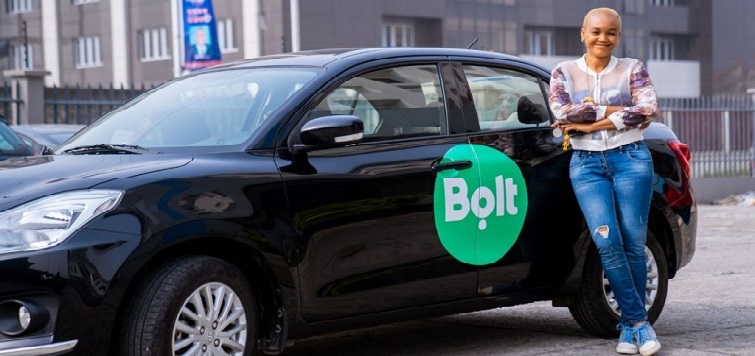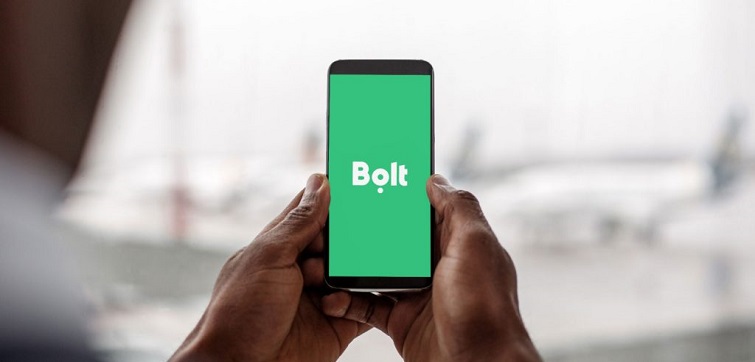Ride-hailing company Bolt has announced a funding round of $714m, touted as its biggest funding round yet, according to a company blog post.
The round was led by Sequoia Capital and Fidelity Management and Research Company LLC with participation from Whale Rock, Owl Rock, D1, G Squared, Tekne, Ghisallo and others.
The new funding is coming four months after the company raised €600m in a Series E round and this investment now puts the total valuation of the company at $8.4billion.
The Estonian company, formerly known as Taxify, was founded eight years ago as a ride-hailing company. It has expanded across Europe and Africa and has diversified into courier and food delivery services, all through its “super app”.
Bolt now has more than 100 million customers in 45 countries and 400+ cities using its services.
With the new investment, the company plans to scale its transportation and food delivery services.
Speaking on the investment, Andrew Reed, a partner at Sequoia mentioned their excitement at the investment and Bolt’s growth as an inspiration.
We’re excited to deepen our partnership with Markus and Bolt to further their mission to make urban travel affordable, sustainable and safe. We’re eager to help them expand their footprint, increase their product offering and improve the quality of life in cities for the long term.
Andrew Reed, a partner at Sequoia
400 cities globally, 24 Nigerian cities


Bolt’s operations in Nigeria was launched in 2016. The company carved out a niche by focusing on affordability and access. Operations started in Lagos and have since expanded to other states including Abuja, Port Harcourt, Owerri, Uyo, Calabar, Kano, Abeokuta, Enugu, Ibadan and Benin City.
After establishing itself as a cab hailing company, it went on to launch a tricycle version. Tricycles, popularly known as Keke in Nigeria are deemed as a safer means of transport than motorcycles. This approach was said to be a renewed effort to solve local problems with globally tested solutions, according to country manager, Femi Akin-Laguda.
Bolt has often been in the middle of many controversies in Nigeria as passengers have often complained that the company does not respond to complaints. Drivers on the platform have also protested against static trip fares amid higher operating costs.
Geographical expansion, more products


Bolt’s overall vision is to use shared mobility to make it easier for city dwellers to move around in a more responsible way.
In Nigeria, the plan is to be available across the country’s entire 36 states, of which it is already present in 24. In Europe, it launched the scooter and ebike options as part of its scaling strategy.
The funding will go toward more scaling as well as the acceleration of its transition from owned cars to more city mobility.
Apart from expanding to new geographies, the funding will also be used to boost newer business lines such as its 15-minute grocery delivery option, Bolt Market. It will also be deployed to building “dark stores” in more cities.
“All of our business units are growing while the newer businesses, being smaller, are expanding even faster”
Mark Villig, founder and CEO of Bolt
Markus Villig, CEO, also added that Bolt is working on partnering with more city governments to build out its services as part of their updated transportation strategies.






